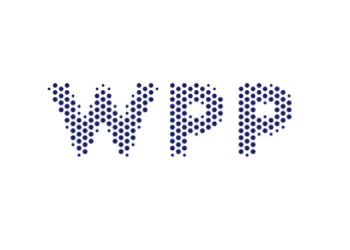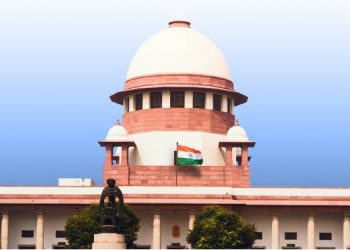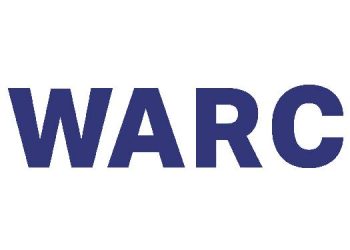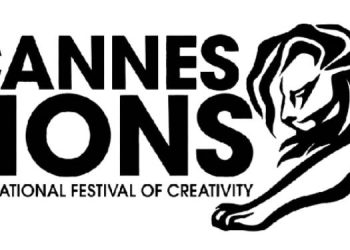New Delhi: In a bid to regulate the growing coaching industry, the government on Wednesday released new guidelines aimed at curbing misleading advertisements by coaching centres. The guidelines, which were finalized by the Central Consumer Protection Authority (CCPA), specifically target false and deceptive claims made by coaching institutes, such as guarantees of 100 percent selection rates or job security.
The guidelines come after numerous complaints were registered on the National Consumer Helpline, prompting the CCPA to take action. So far, the CCPA has issued 54 notices and imposed penalties amounting to Rs 54.6 lakh for violations related to misleading advertisements.
Key Highlights of the New Guidelines
Under the new rules, coaching centres are prohibited from making false or exaggerated claims about various aspects of their services, including:
- Course details: Misleading statements about the courses offered and their duration.
- Faculty credentials: Inaccurate claims regarding the qualifications of teaching staff.
- Fee structure and refund policies: Disclosures about fees and refund policies must be clear and truthful.
- Selection rates and rankings: Any claims related to the success rate in exams or rankings must be substantiated.
- Job guarantees: Coaching centres cannot offer unsubstantiated assurances of job placement or salary increases.
The guidelines also state that coaching centres cannot use the names, photographs, or testimonials of successful candidates without obtaining written consent after the candidates have been selected. Additionally, all advertisements must prominently feature disclaimers and provide full disclosure of critical information related to courses, facilities, and faculty.
Consumer Affairs Secretary Stresses Consumer Rights

Speaking to the media, Consumer Affairs Secretary Nidhi Khare emphasized that the government’s stance is not against coaching institutes but against practices that undermine consumer rights through misleading advertising. “We have seen instances where coaching centres deliberately hide crucial information from prospective students. Our aim is to protect consumers and ensure transparency in advertising,” Khare said.
She also noted that students should verify what services successful candidates had actually enrolled in, as many students, particularly those preparing for competitive exams like UPSC, may only take interview guidance from coaching centres, not full courses.
The guidelines define ‘coaching’ to include academic support, education, guidance, study programs, and tuition, but exclude counselling, sports, and creative activities.
Transparency and Compliance Required
Coaching institutes are now required to accurately represent the services, facilities, resources, and infrastructure they offer. They must ensure that the courses are recognized by competent authorities like AICTE (All India Council for Technical Education) and UGC (University Grants Commission).
Khare further emphasized that these guidelines are in addition to existing consumer protection laws and that violations will attract penalties under the Consumer Protection Act.
With this new framework, the government hopes to bring greater accountability to the coaching industry and protect students from deceptive practices that could lead to financial loss or poor academic outcomes.

















